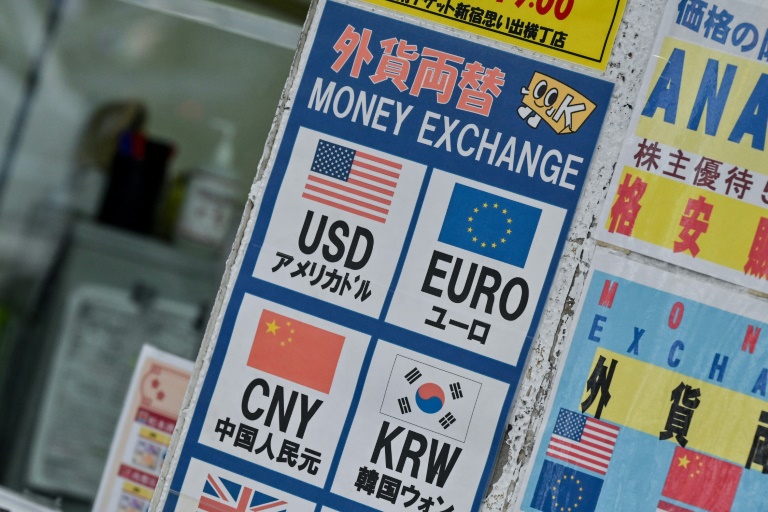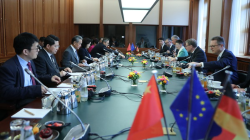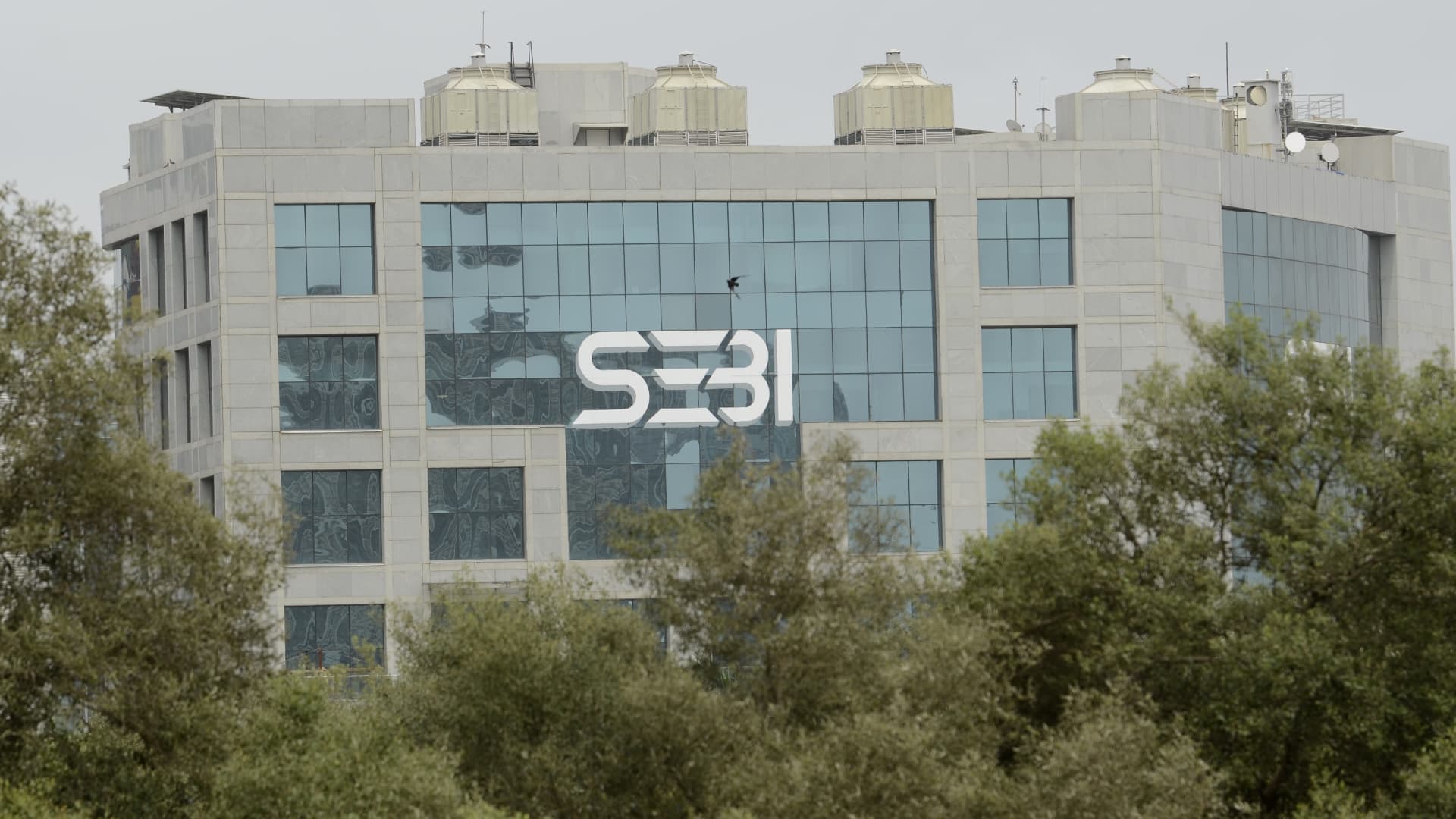Key aspects that VC investors need to be aware of
Broad sector coverage: Within the past few years, the list of relevant businesses caught by the German FDI rules was extended from previously 11 to now 31. The German FDI regime now covers several of the most promising emerging and transformative Deep Tech, High Tech, and Green Tech sectors including defense, aerospace, (clean) energy, life sciences, biotechnology, artificial intelligence, robotics, semiconductors, and quantum technology.
Broad personal scope: The German FDI regime typically captures acquisitions by non-EU/EFTA investors. In the defense sector, filing requirements may even apply to non-German acquirers. It is particularly noteworthy that the MoE applies a “look-through” approach, examining the entire chain of ownership up to the ultimate beneficial owner. Consequently, the mere fact that the direct acquirer or the ultimate investor and/or the UBO might be a German or an EU/EFTA based entity does not exclude a filing requirement in any case. Given that the German FDI regulations differ from the common rules on the attribution of voting rights and do not provide for a “dilution” of voting rights, a 10% shareholding of a foreign entity at a higher level of the investor’s acquisition structure may trigger the need for a filing (even if this is just a holding company).
Low thresholds: Compared to most other FDI regimes across the globe, the German FDI screening rules provide for very low voting rights thresholds that trigger a filing requirement. In particular, the German FDI rules are triggered not only when an investor acquires control over a domestic company. Depending on the business of the German target, the acquisition of 20%, or even just 10%, of the voting rights may be subject to prior clearance from the MoE. VC seed and Series A funding may often reach or exceed such thresholds even if the investment volume is not very high.
No enterprise value or turnover thresholds: The German FDI rules do not provide for any de-minimis exemptions with regard to the turnover generated by the target company and/or with respect to the enterprise value or the funding amount. Hence, even low investments in a start-up that does not yet generate any turnover may trigger a filing and clearance requirement.
Stand-still obligation and gun jumping: Transactions that require a mandatory notification are principally subject to a stand-still obligation and a suspensory effect, i.e., the parties are not allowed to complete such a transaction until approval from the MoE. A ban on (i) sharing sensitive information with the acquirer and (ii) exercising voting rights by the acquirer prior to clearance (“gun jumping”) applies. As long as such clearance has not been issued by the MoE, the transaction is temporarily invalid under civil laws.
Multiple clearance requirements/successive funding rounds: Even if an initial investment was cleared by the MoE, subsequent increases in shareholding in later funding rounds (e.g., Series B, C) may trigger new filing obligations if relevant voting rights thresholds are crossed (20%, 25%, 40%, 50%, 75%).
Far reaching ex officio powers of the MoE: All acquisitions of 25% or more of the voting rights by a non-EU/EFTA investor may be called-in by the MoE for a period of up to five years. Parties may therefore carefully consider to file on a voluntary basis in the interest of deal certainty. The advisability of voluntary filing depends on the specific circumstances, including target and investor characteristics and the political climate.
Be aware, but don’t be concerned – FDI filings are no deal-breakers
Most of the transactions are cleared without conditions
Official data published by the MoE show that the overwhelming majority of notified transactions is cleared without any remedies. In 2024, the MoE imposed restrictive measures only in 3% of the transactions it had reviewed. As far as publicly known, only one transaction was blocked in 2024. Whilst these figures have been quite stable in Germany over the past few years, the global FDI landscape paints a mixed picture with an increased number of interventions in some of the key jurisdictions including, in particular, France where 44% of the transactions were subject to remedies, the US (19%) and Italy (13%).
If the MoE stipulates conditions or requests certain commitments from the parties, such remedies are typically tailor-made and address specific concerns. They regularly comprise of, inter alia, (i) limitations on shareholder influence, (ii) requirements with regard to the management composition, and (iii) the obligation to keep running the German business and to continuously supply critical German customers. The allocation of such execution risks and commitments in the transaction documentation is therefore crucial.
Based on our experience, the MoE is usually open to negotiate the content of the remedies with the parties. Contrary to merger control decisions, any such remedies are not made public by the MoE.







